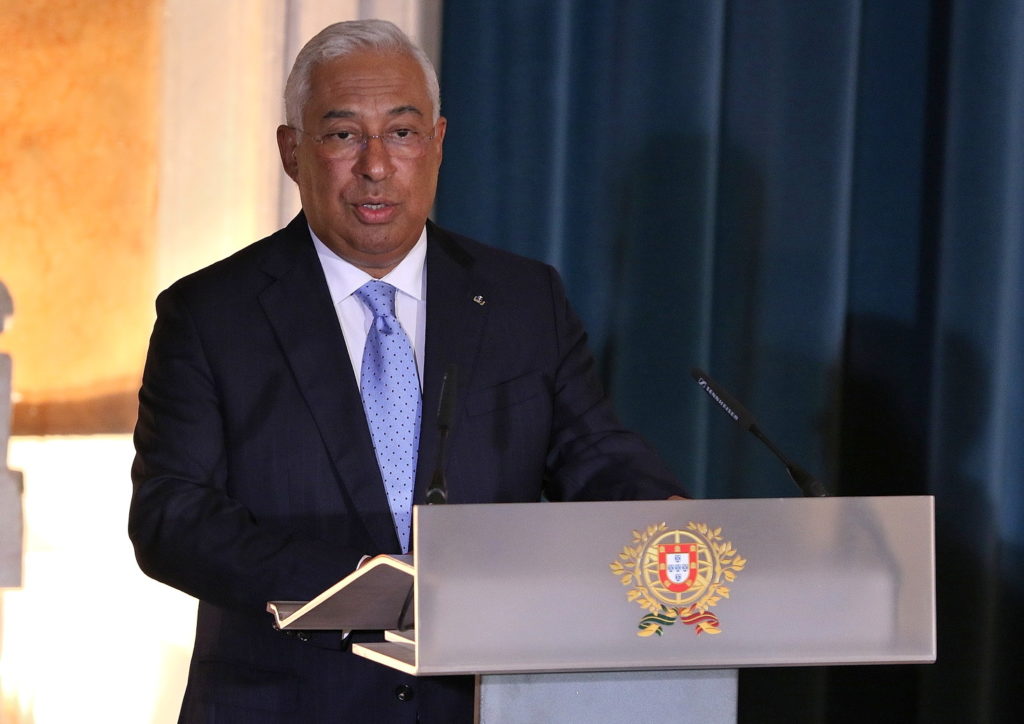Restrictions on the movement of people, due to the declaration of a state of emergency, will mainly affect people over 70 years of age or who are already suffering from some illness.
Prime Minister António Costa, at the end of the long meeting of the Council of Ministers, which defined the measures that will be implemented in the next 15 days, under the state of emergency, stressed that “the elderly or people with some morbidity have a special duty protection and should only leave their homes in very special situations».
“With regard to these people, a special duty of protection is imposed. These are people at particular risk. Experience reveals that they are the ones who are most subject to contamination and that the disease affects them with greater intensity. A special duty of protection is imposed, so they should only leave their homes in very exceptional circumstances and when strictly necessary. It can be to buy goods that they need, to go to the bank or to CTT to take care of the retirement», framed António Costa.
Throughout today, it was reported that people over 65 would have a defined time to leave their homes and to attend public services and stores, but this did not materialize in the announced measures.
“There will be no special hours to attend to people who are subject to a special duty of protection. What exists is a very special request to all those over 70 years of age or suffering from any morbidity to limit their departure from their homes», highlighted António Costa.
The prime minister explained that today's meeting focused mainly on "restrictions on the right to travel and freedom of economic initiative", since other measures contained in the decree of the President of the Republic "are clear and enforceable by themselves" , as is the case of those that “suspend the right to resist or the right to strike in certain strategic sectors”.
The prime minister stressed that the measures included were designed to ensure "maximum containment and minimum disturbance" in the daily lives of citizens.
António Costa recalled that, if someone who is infected with the new coronavirus or under surveillance, does not respect mandatory isolation, he incurs a crime of disobedience, but only in these cases, as there will not be a curfew. Even so, the authorities "will act pedagogically".
For the prime minister, "so far, people have complied so well, it would even be disrespectful to the Portuguese to impose a sanctionary framework", for those who leave home.
About the public services that will remain open, Costa says that the Government intends to «generalize the use of telework in all public services», and «as for the service, we strongly recommend the use of telephone or online services». The face-to-face service will be by appointment only.
In this sense, the Citizen's Shops will be closed, to avoid large crowds of people, but the support posts in the municipalities remain open, as long as the rules are followed.
In relation to economic activities, the rule is that, except “in the cases of activities that are dedicated to public service, they must maintain their normal activity”.
"The exceptions are those cases in which public calamity has been decreed, as in Ovar," exemplified the prime minister.
In establishments serving the public, such as terraces, «the rule is to close them».
However, «bakeries, grocery stores, supermarkets, gas stations, pharmacies, kiosks, in other words, a set of establishments, and I'm not listing all of them, that performing and selling goods to services that are absolutely essential to people's daily lives , can and should remain open'.
In shopping centers, only stores of an “essential nature” will be open.
Responding to journalists about the possibility of rationing of products, António Costa clarified that "at the moment there is no rationing in stores, nor is there any justification for it to exist."
For the prime minister, "we have to avoid situations of disruption and discontinuity as much as possible" and "there is no reason to justify any kind of rationing, if we all maintain proper civic behavior."
Teleworking was not declared as mandatory, but it is “recommended” and Costa hopes that it “is practiced”, as “it is a good way to allow people to continue their work activity”.
For now, the Armed Forces will not be called to intervene, despite the state of emergency, but the head of Government stressed that "we will use this resource if and when necessary". Compliance with the measures now imposed will be ensured by the security forces, GNR and PSP.
Regarding funerals, there will be "guiding rules to avoid a large concentration of people", but António Costa, to journalists, did not specify which.
Meanwhile, the Council of Ministers will continue tomorrow morning to discuss social and economic support measures for families, “in addition to those that have already been adopted”, announced Prime Minister António Costa.



















Comments